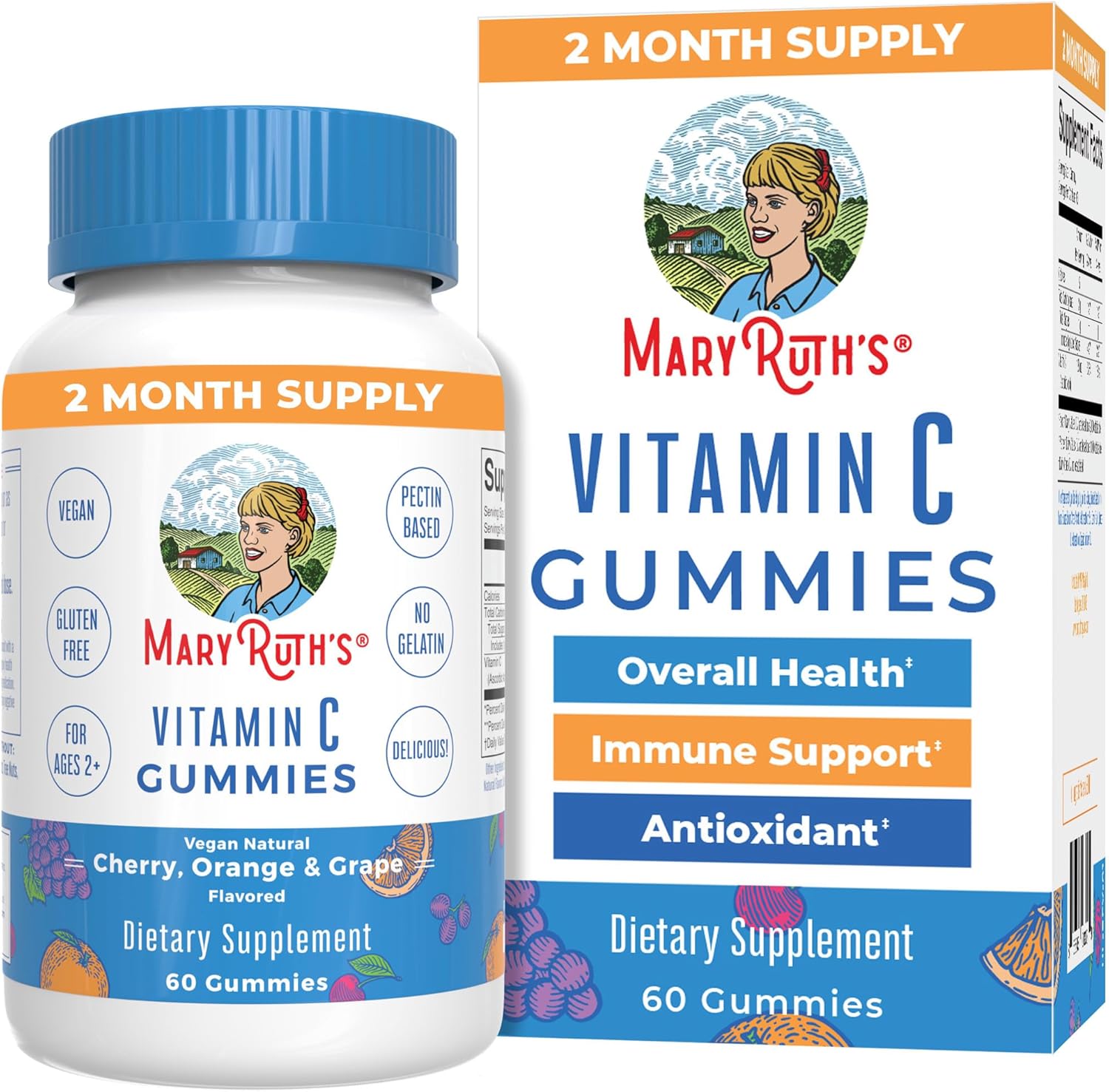Exploring the Benefits of Organic Living Health Foods
Welcome to the world of organic living! 🌱 If you’ve been curious about the buzz surrounding organic health foods, you’re in the right place. In this blog post, we’ll dive deep into the benefits of embracing an organic lifestyle, from nutrition to environmental impact. So, let’s embark on this journey towards healthier living together!
Table of Contents
1. Introduction to Organic Living
2. Nutritional Benefits of Organic Foods
3. Environmental Impact 🌍
4. Personal Health and Well-being
5. Economic Considerations 💸
6. Conclusion
7. FAQ
Introduction to Organic Living
Organic living is more than just a trend—it’s a lifestyle choice that emphasizes consuming food grown without synthetic pesticides, fertilizers, and genetically modified organisms (GMOs). The movement towards organic health foods is rooted in a desire to live more harmoniously with nature, promoting sustainability and wellness. But what does this mean for you and your diet?
Nutritional Benefits of Organic Foods
One of the most compelling reasons to switch to organic foods is the nutritional advantages they offer. Organic produce often boasts higher levels of essential vitamins and minerals compared to conventionally grown counterparts. 🥦 Here are a few benefits:
1. Higher Antioxidant Content: Studies suggest that organic fruits and vegetables have a higher antioxidant content, which can help reduce the risk of chronic diseases.
2. Better Taste: Many people find that organic foods have a fresher, more vibrant taste. This can be attributed to the natural growth processes free from artificial enhancers.
Environmental Impact 🌍
Choosing organic is not only beneficial for your health but also for the planet. Here’s how:
1. Sustainable Farming Practices: Organic farming tends to use environmentally friendly techniques such as crop rotation and natural pest control, which help preserve soil health and biodiversity.
2. Reduced Pollution: By avoiding synthetic chemicals, organic farms contribute less to water and soil pollution, ensuring cleaner ecosystems.
Personal Health and Well-being
Switching to organic foods can have a profound impact on your overall health. Let’s explore:
1. Fewer Chemicals: By consuming organic, you reduce your exposure to harmful pesticides and chemicals that can accumulate in the body over time.
2. Improved Immune Function: The nutrients found in organic foods can bolster your immune system, helping you fend off illnesses more effectively.
Economic Considerations 💸
While organic foods are often more expensive, the long-term benefits can outweigh the initial costs. Here’s why:
1. Health Savings: Investing in organic foods today may lead to fewer healthcare expenses in the future, as you reduce the risk of diet-related diseases.
2. Support for Local Farmers: Purchasing organic often supports smaller, local farmers who prioritize sustainable practices.
Conclusion
Embracing organic living is a step towards a healthier, more sustainable future. While the journey might require some adjustments, the benefits for your health, the environment, and local economies make it a worthwhile endeavor. Whether you’re just starting or are already a seasoned organic enthusiast, each choice you make contributes to a better world. 🍏
FAQ
1. What makes organic food different from non-organic food?
Organic foods are grown without synthetic pesticides, fertilizers, and GMOs, making them a healthier and more environmentally friendly choice.
2. Are organic foods really healthier?
Yes, organic foods often contain higher levels of essential nutrients and antioxidants, which can contribute to better health.
3. Is eating organic more expensive?
While initially more costly, the long-term health benefits and reduced medical bills can make organic living a cost-effective choice.
4. How can I start incorporating organic foods into my diet?
Begin with small changes, such as buying organic versions of the “Dirty Dozen” fruits and vegetables, and gradually increase as you become more accustomed.
5. Does organic farming really benefit the environment?
Absolutely! Organic farming practices help maintain soil health, reduce pollution, and promote biodiversity.
Discover more from NatureZen Market
Subscribe to get the latest posts sent to your email.










